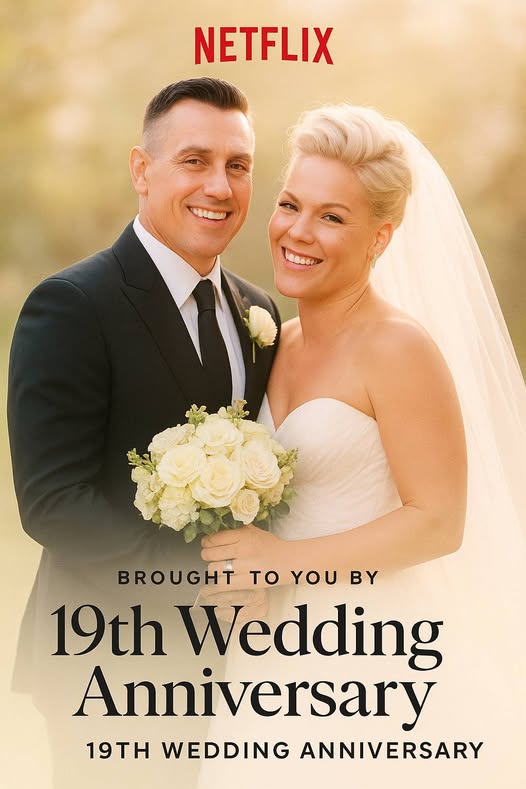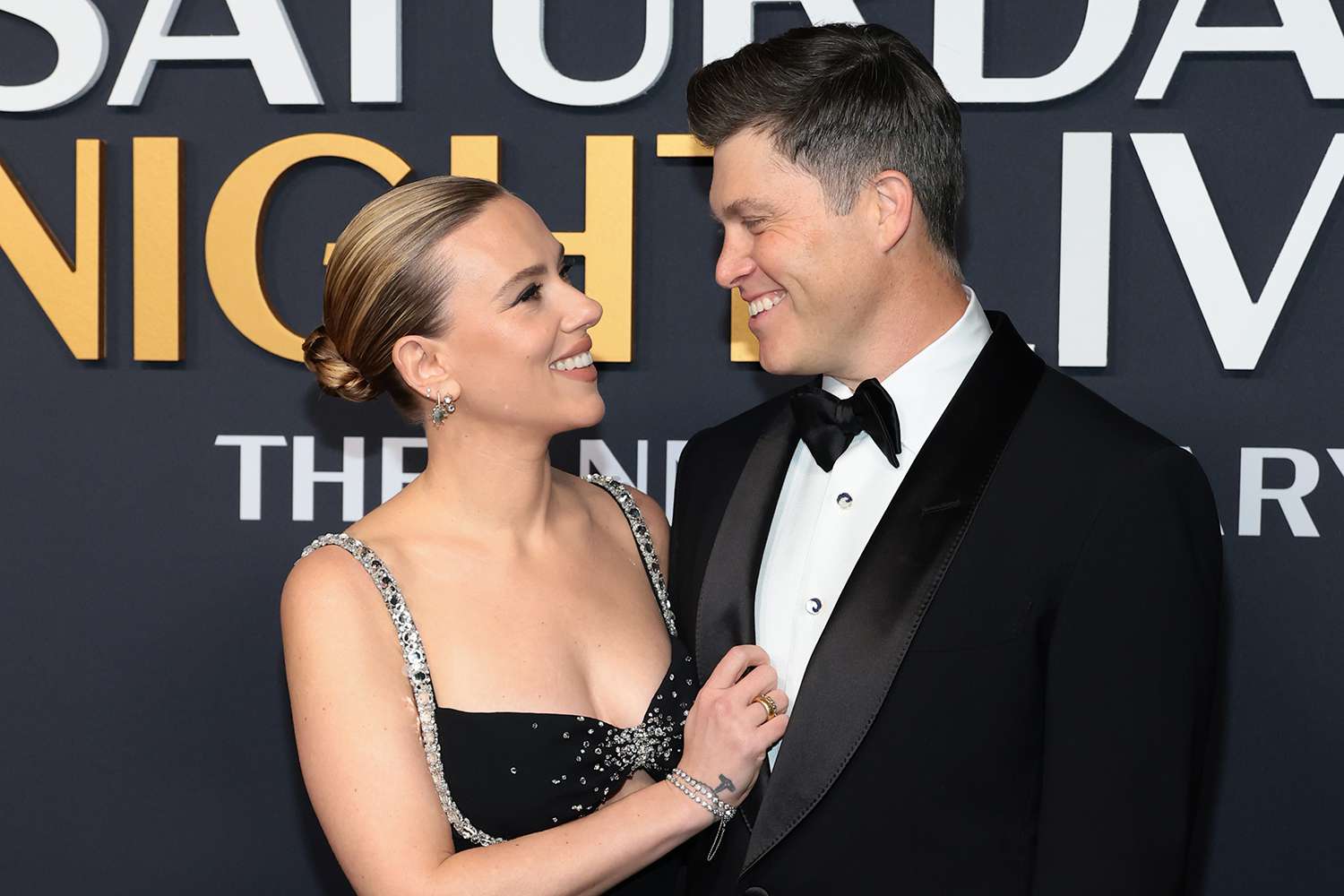There are many unexpected twists in Johnny Depp’s career—a rock band with Jeff Beck, courtroom drama that gripped the world, and a return to Cannes in triumph—but perhaps none more surprising than his latest cinematic move: directing Modi, a biographical film about Italian painter Amedeo Modigliani. And what’s even more startling? He almost didn’t do it.
If not for the unwavering encouragement of one of Hollywood’s greatest icons—Al Pacino—Depp might never have stepped behind the camera for this personal and artistic project. In a world often driven by deals, dollars, and deadlines, this story is about passion, legacy, and a friendship that quietly reshaped Depp’s path.
A Second Act Born in Silence
When Johnny Depp’s name resurged in headlines post-trial, the public buzzed with predictions: a return to Captain Jack Sparrow? A new rock tour? But behind the scenes, Depp was quietly immersing himself in something much more intimate and unexpected—a project far from Hollywood’s blockbuster glare.
The story of Modi had long floated through industry circles. It’s a portrait not just of the tormented Italian painter, but of artistic rebellion, of emotional wreckage, and of misunderstood genius. The narrative struck something deep in Depp—a reflection, perhaps, of his own tumultuous path through the art of cinema and celebrity.
And yet, even with personal resonance, Depp hesitated. Directing a feature film again—his first since The Brave (1997)—wasn’t something he took lightly. He understood the weight of it. The intensity. The risk. That’s when Al Pacino stepped in.
Al Pacino: The Godfather of Persuasion
To understand why Modi happened, you need to understand Depp’s admiration for Pacino. The two men, both known for their brooding charisma and deep love of character-driven storytelling, have shared mutual respect for years. But for Depp, Pacino isn’t just a colleague—he’s a mentor. A creative compass.
When Pacino first approached Depp about Modi, it was more than a pitch. It was a personal request. The project had long been close to Pacino’s heart, with the legendary actor even attached as a producer and key supporter. He believed that Depp—often misunderstood, like Modigliani himself—was the only director who could capture the raw spirit of the story.
Sources close to the production say Pacino didn’t just suggest it—he insisted. Over long conversations and private moments, he urged Depp to take the helm. “You’ve lived this,” he reportedly told him. “You know what it’s like to be misjudged, to be raw, to feel art burning inside you.”
It wasn’t about directing a film. It was about translating pain into beauty. About honoring forgotten brilliance. About making something that mattered.
And in that, Depp found clarity.
From Pirate to Painter
When Depp finally agreed to direct Modi, he didn’t just sign on to a movie—he committed to a mission. The actor-turned-director delved into Modigliani’s letters, sketches, diaries. He studied the nuances of 1916 Paris, the artist’s broken romances, his struggles with poverty and addiction, and the tragic intensity that lit every canvas Modigliani ever touched.
For Depp, Modi became more than just a period piece—it was a mirror. Like Modigliani, he’s been cast in and out of favor by critics. Like Modigliani, he’s been praised for brilliance and chastised for rebellion. The parallels were undeniable.
Depp chose to shoot the film in European locations to preserve authenticity, and he surrounded himself with a fiercely talented international cast. Every detail, from set design to costume texture, was treated like a brushstroke. With each frame, Depp was painting not just Modigliani’s life, but something of his own.

Redemption Behind the Lens
Johnny Depp’s fans have always loved him for his complexity. But in recent years, they’ve also watched a man recover from a bruising public battle. Many expected his next move to be safe. Comfortable. Predictable.
Modi is none of those things.
It’s a brave and quiet kind of redemption. The kind that doesn’t scream for headlines but whispers through performance. Through camera angles. Through an actor-director’s unwavering belief in the transformative power of storytelling.
It’s also Depp reclaiming his voice—not as a tabloid figure or franchise star, but as a filmmaker. As an artist. As someone who still believes in the rawness of cinema.
Would he have gotten there without Pacino? Maybe. But as Depp himself hinted in a recent interview, it was “a friend’s faith” that finally pushed him forward. That friend, of course, was Al Pacino.
The Brotherhood Behind the Camera
There’s something beautiful about the idea that one of the most legendary actors of our time quietly changed the course of another’s career—not with a public campaign, but with personal conviction.
Al Pacino saw something in Modi—and in Depp—that perhaps even Depp didn’t. He saw that art doesn’t die in controversy. That a good story, in the right hands, can resurrect not just history, but hearts.
It’s a rare kind of mentorship in today’s Hollywood. A reminder that beneath the awards and appearances, many of the industry’s best still care about legacy. About risk. About doing something not for fame, but for meaning.
Audience Expectations and Emotional Stakes
Fans around the world are now anticipating Modi with a mixture of curiosity and reverence. Can Johnny Depp deliver a film that does justice to Modigliani’s tortured brilliance? Will this mark a new era for Depp as a director? And how much of himself has he poured into this deeply personal tale?
Early whispers from the set suggest something bold. Something unexpected. A film that doesn’t beg for Oscars but will haunt viewers long after the credits roll.
And perhaps most importantly, a film that wouldn’t exist if it weren’t for two friends—two titans—who still believe that cinema is about souls colliding, not just scripts being sold.
Social Buzz and Cultural Timing
In an age where social media drives anticipation, Modi is generating the kind of slow-burning intrigue that blockbusters envy. Depp’s fans are dissecting every hint, from behind-the-scenes shots to quotes dropped in interviews. Al Pacino’s involvement only deepens the mystique. This isn’t just a film; it’s a cultural moment.
Audiences aren’t just waiting for a movie. They’re waiting for a message. For proof that artistry can endure scandal. That creation can outlive destruction. That second chances, when handled with humility and grace, can be more powerful than first ones.
Depp knows this. So does Pacino.
Together, they’ve turned Modi into more than a film. It’s a resurrection—of an artist, of a director, and perhaps of a new kind of Hollywood courage.
Final Thoughts
Johnny Depp wouldn’t have directed Modi if it wasn’t for Al Pacino. That sentence, on the surface, feels like a headline. But in truth, it’s a window into something deeper. A story about trust. About timing. About one artist lighting the way for another.
In the world of cinema, there are many partnerships. But the quiet alliance between Depp and Pacino may go down as one of the most meaningful. Not because of box office numbers or award speeches—but because it gave birth to a film that matters.
And when Modi finally meets its audience, they won’t just be watching a portrait of an artist. They’ll be witnessing the brushstrokes of friendship. Of faith. Of redemption—one frame at a time.


